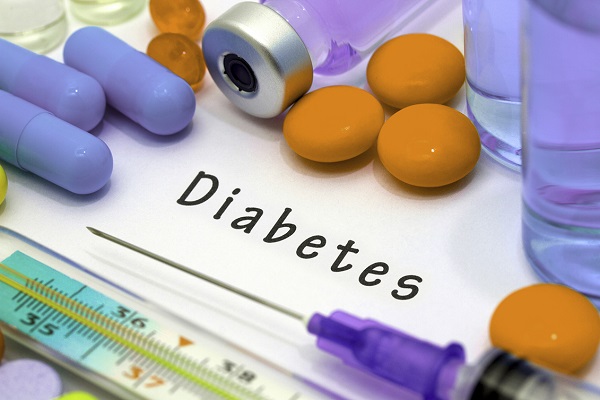Glooko adds AI to its digital diabetes tools with xbird takeover

Glooko has made a name for itself in digital health circles with its data management tools for diabetes patients, and has now added artificial intelligence capabilities with an agreement to acquire xbird.
The deal centres around Berlin, Germany-based xbird's "just In time adaptive intervention" technologies – or JITAIs – which uses AI to analyse and categorise patient behaviour patterns based on mobile data inputs, and assess health risks.
That approach will now be deployed on behalf of Glooko to interpret medical and behavioural data in people living with diabetes, drawing on sensors in smartphones and wearable devices to "nudge" them towards better ways to manage their condition.
xbird's analytics and digital coaching software will be layered into Glooko's platform, which is used to connect data from glucose monitors, insulin delivery devices, and activity and meal trackers, providing information and advice to patients and helping their doctors make care decision such as insulin dosing.
Glooko's MIDS insulin dosing system has been approved by the FDA since 2018, and it recently formed an alliance with insulin producer Novo Nordisk to develop connected pen injectors that can keep track of doses.
Novo Nordisk was also a lead investor in Glooko's $30 million funding round in March 2021, taking the amount raised since it started operations in 2010 to more than $100 million.
The company's digital tools are used by around 7,500 clinics worldwide, with more than a million users. It also plans to expand its offering to include products for other chronic health conditions.
"Among the many JITAI companies in the digital health landscape, xbird clearly has a superior solution, and has built successful partnerships throughout diabetes device manufacturers and clinical institutions," said Russ Johannesson, Glooko's chief executive.
Meanwhile, xbird's CEO and co-founder Sebastian Sujka said that the two companies are "a great fit", as they "share a commitment to providing solutions that address multiple chronic conditions, delivering measurable outcomes, and we have a common mission to broadly serve all patients in need."
Diabetes has become a key target for digital heath companies, as it is a very common condition – affecting half a billion people worldwide – for whom outcomes rely heavily on adherence to treatment and lifestyle and behavioural changes.
Other companies operating in the space include Voluntis, One Drop, Rimidi, Health2Sync and Livongo, which merged with telehealth giant Teladoc in an $18.5 billion deal in 2020.













